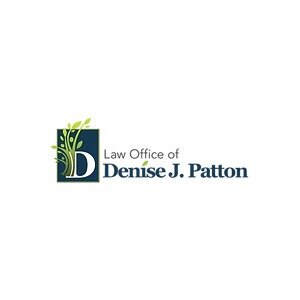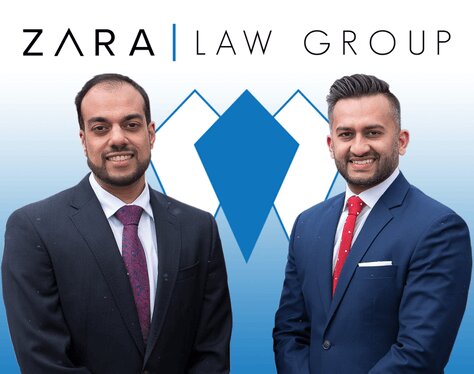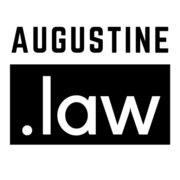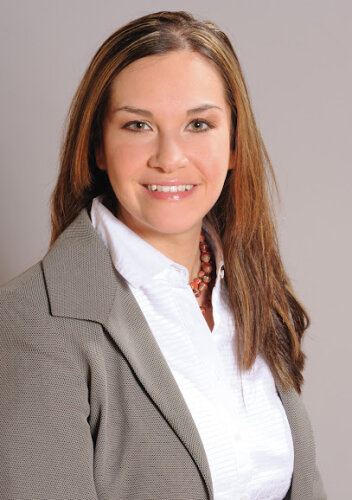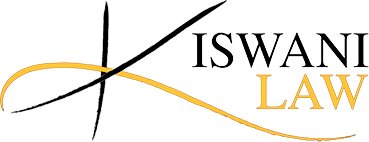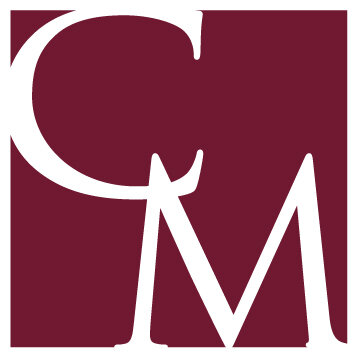Best Child Abuse Lawyers in Illinois
Share your needs with us, get contacted by law firms.
Free. Takes 2 min.
Free Guide to Hiring a Family Lawyer
Or refine your search by selecting a city:
List of the best lawyers in Illinois, United States
About Child Abuse Law in Illinois, United States
Child abuse is a serious crime in Illinois and includes any action or lack of action that results in harm, potential harm, or threat of harm to a child. Child abuse law in Illinois is designed to protect the well-being of children by preventing physical, emotional, and sexual abuse, as well as neglect. The law aims to hold perpetrators accountable, while also offering support and intervention services for victims and their families. Both the Illinois Department of Children and Family Services (DCFS) and local law enforcement are responsible for investigating claims of child abuse and neglect. Illinois law requires certain professionals and individuals, such as teachers and medical personnel, to report suspected child abuse or neglect.
Why You May Need a Lawyer
Individuals may seek legal assistance related to child abuse in various situations. If you are falsely accused of child abuse, having a lawyer is essential to protect your rights and defend your case. Victims or their guardians may need a lawyer to help navigate the legal process, secure protection orders, or file lawsuits for damages. Parents or other caregivers facing investigation or intervention from DCFS may require guidance to ensure their parental rights are protected and their case is appropriately managed. In contentious custody disputes, allegations of child abuse require experienced legal representation. Lastly, anyone seeking to understand their rights and responsibilities regarding child abuse allegations or defense can benefit from legal counsel.
Local Laws Overview
Illinois law defines child abuse and neglect and outlines the responsibilities of various parties in reporting and investigating suspected abuse. Under the Illinois Abused and Neglected Child Reporting Act, certain individuals, known as mandatory reporters, must report suspected abuse or neglect to DCFS. Failing to report can result in criminal penalties. Child abuse includes intentional infliction of physical injury, sexual abuse or exploitation, emotional harm that impairs a child's ability to function, and neglect which involves failing to provide necessary food, shelter, supervision, or medical care. The law also establishes the investigative process, provides protections for reporters against retaliation, and sets forth consequences for both abusers and those who make false reports. Child abuse convictions can result in criminal charges, loss of parental rights, and other civil consequences.
Frequently Asked Questions
What is considered child abuse in Illinois?
Child abuse in Illinois includes physical injury that is not accidental, emotional abuse, sexual abuse or exploitation, and neglect. This can involve hitting, shaking, inappropriate touching, verbal mistreatment, or failing to provide basic necessities.
Who is required to report suspected child abuse?
Mandatory reporters include teachers, healthcare workers, law enforcement personnel, social workers, daycare staff, clergy, and others. These individuals are required by law to report suspected abuse or neglect to DCFS or law enforcement.
What happens after child abuse is reported?
DCFS investigates credible reports of abuse or neglect. If there is immediate danger, law enforcement may also be involved. An investigation typically includes interviews with the child, caregiver, and other witnesses, as well as a home visit.
Can someone be prosecuted for making a false report?
Yes. Illinois law allows for the prosecution of individuals who knowingly make false reports of child abuse or neglect. False accusations can carry criminal and civil penalties.
What rights do parents have during a child abuse investigation?
Parents have the right to be informed of the allegations, to seek legal representation, and to participate in hearings regarding custody or visitation, unless a court orders otherwise in the interest of child safety.
What are the legal consequences of a child abuse conviction?
Penalties can include removal of the child, loss of parental rights, criminal charges (such as felony convictions or jail time), and inclusion on a state child abuse registry.
Can children testify in abuse cases?
Yes. Child victims or witnesses may testify in criminal or family court proceedings, although the process is designed to minimize further trauma. Courts may use special procedures such as closed-circuit television or appointing advocates for children.
How does child abuse affect custody decisions?
Allegations or findings of abuse can significantly impact custody and visitation rights. Courts must prioritize the child's safety and may limit or revoke an abuser's parental rights or visitation, especially if abuse is substantiated.
How can someone defend themselves against false allegations?
If falsely accused, it is important to seek experienced legal counsel immediately. An attorney can help collect evidence, protect your legal rights, and represent you in all proceedings to ensure a fair process.
Is counseling or support available for abuse victims?
Yes. Illinois offers a range of services for abuse victims, including counseling, advocacy, safe shelter, and social services. DCFS and local organizations often help connect affected families with these resources.
Additional Resources
Individuals seeking more information or assistance can contact the following resources:
- Illinois Department of Children and Family Services (DCFS) - Handles investigations and provides support services
- Illinois Legal Aid organizations - Offers guidance and legal representation
- Local law enforcement agencies - Responds to emergencies and investigates criminal abuse cases
- Child Advocacy Centers - Provides support and counseling for child victims
- National Child Abuse Hotline - Provides crisis intervention and referrals
Next Steps
If you or someone you know is facing a situation involving child abuse allegations or is a victim of abuse, take the following steps:
- Report any immediate danger to local law enforcement or DCFS
- Seek medical attention for the child if needed
- Consult with a qualified attorney experienced in child abuse law to understand your rights and options
- Document incidents and communications related to the allegations
- Utilize support services and advocacy organizations as needed
Timely action and professional legal guidance are critical in navigating the complexities of child abuse law in Illinois and ensuring the best possible outcome for the child and family involved.
Lawzana helps you find the best lawyers and law firms in Illinois through a curated and pre-screened list of qualified legal professionals. Our platform offers rankings and detailed profiles of attorneys and law firms, allowing you to compare based on practice areas, including Child Abuse, experience, and client feedback.
Each profile includes a description of the firm's areas of practice, client reviews, team members and partners, year of establishment, spoken languages, office locations, contact information, social media presence, and any published articles or resources. Most firms on our platform speak English and are experienced in both local and international legal matters.
Get a quote from top-rated law firms in Illinois, United States — quickly, securely, and without unnecessary hassle.
Disclaimer:
The information provided on this page is for general informational purposes only and does not constitute legal advice. While we strive to ensure the accuracy and relevance of the content, legal information may change over time, and interpretations of the law can vary. You should always consult with a qualified legal professional for advice specific to your situation.
We disclaim all liability for actions taken or not taken based on the content of this page. If you believe any information is incorrect or outdated, please contact us, and we will review and update it where appropriate.
Browse child abuse law firms by city in Illinois
Refine your search by selecting a city.



